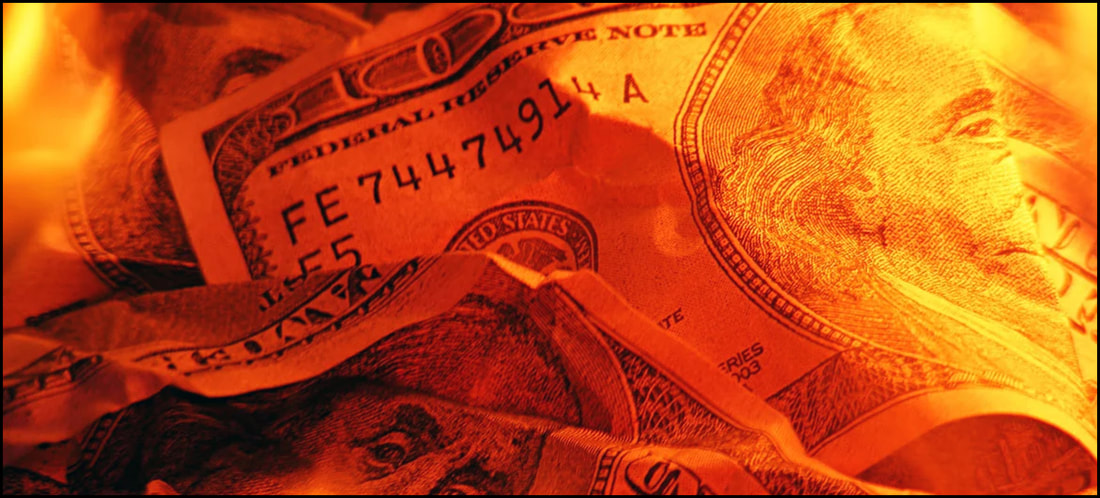The reason he felt this way was, largely, because he personally loved the book; and he had read an interview (he insisted) wherein the author King himself had stated that it was his personal favorite of all he had ever written. (I’ve never read such a statement, but I had no reason to doubt the guy.) Because King was so invested in it and because he felt the story was just so incredible, no audience could or would pass up the chance to see something so monumental on the screen. If made – and if made correctly – he just felt it would transcend anything that had come before; and this work would go on to be the defining picture, especially for fans of King as well as Science Fiction and Fantasy projects in general.
Now … ahem …
2017’s The Dark Tower came and went from the silver screen pretty quickly; and – though I can’t speak to it as I’ve never seen it nor had the inclination given the weaknesses of the published reviews – I know that it was a project that mostly fizzled with audiences. It made no negligible mark, and I don’t think I’ve heard of any single person clamoring for a follow-up or a continuation. I did read not all that long back that someone somewhere expressed an interest in turning it into a TV serial, but I’ve no information where that particular project could possibly be at this juncture.
My point in publishing this little bit isn’t to shame anyone for thinking and/or believing in the strength or promise of any individual intellectual property. As I’ve always said, each of us likes what we like for our own reasons; and I think these preferences to feed into our expectations, especially when we see high profile names attached to them in production. I’ve always cautioned, however, never to invest too much in things in-progress because movies, TV shows, miniseries, and the like have a million (if not billion) moving parts. The rarity of any single production congealing into the best thing to happen to movies since ‘sliced bread’ is exceedingly rare. Given that there are vastly more outlets for entertainment than there were even a few short years ago only increases the odds that a project will more likely fail to build a long term audience than it will survive and thrive; again, that’s not a cheap shot, folks … it’s just the reality of today’s volatile entertainment industry.
Simply put: audiences have more choice today than they’ve ever – EVER – had before.
As I’ve often said, back in my youth I grew up in a household that had anywhere from six to nine television channels. Only a handful of decades later, I have – literally – hundreds of channels. On top of that, I have movies at the multiplex. I have hundreds if not thousands of YouTube.com channels. There are an incredible number of streaming outlets and/or APPs for those of us who both have the time to research them and the money to invest in them. On top of that, there are platforms specifically built for crowdfunding avenues and the like. And – to ice the cake – I have the technology – however modest – to go out and make my own damn stuff and watch that, if that’s ultimately what I’d like to do. This is our present state of affairs when it comes to an entertainment diet … and I’ll argue that Hollywood can no longer effectively compete with that.
So …
When you ask me why a business like Walt Disney is failing at the box office the answer both is simple and complex.
It’s simple in that Disney has functionally both rejected and turned away from what made it into the entertainment juggernaut it once was: families could count on the Mouse House to keep politics and/or political indoctrination from its shows and movies. Yes, yes, and yes: there may’ve been small messages baked into something here and there, but it wasn’t out front and obvious, not anything like it is today. Think what you will, but parents do like to keep their kids as kids for as long as they can. The reasons for this are many, but essentially it does boil down to giving these young minds the time to develop before the stark reality overcomes those fragile brains. Disney’s CEO Bob Iger – many years back – instead decided to go all-in on changing the culture instead of representing cultural values – there is a big, big, big difference – and that’s when the decline began.
Furthermore, Hollywood has never undergone a serious course adjustment to the chaos they’ve caused in creating a marketplace wherein entertainment is available on demand.
With there being so many choices right there right now – be they conventional TV, movies, streaming, or whatnot – Hollywood has entered deep into the arena of true salesmanship. Back in the days when I was involved in selling, everyone was chiefly taught one defining construct, namely you can offer something to a buyer with two out of three traits: good, fast, or cheap.
- If you want it good and fast, then it won’t be cheap.
- If you want it cheap and good, then it won’t be fast.
- If you want it fast and cheap, then it won’t be good.
There is no provider out there who can guarantee all three of these traits to any transaction all of the time. It defies logic, and it defies our potential to be operating at peak efficiency 24/7. While an exception to the rule might happen here and there, this trinity choice has always and will always exist. I encourage you to think about it within the context of any entertainment option you have or think you can provide; and I strongly believe you’ll see it’s the only logical definition with which to evaluate any human endeavor. This is just the way things are – it’s the way things work in a capitalist economy and beyond – and Hollywood has always tried to break this fundamental rule.
Studios have damn near always been robbing from a current project to pay for the last one.
In Biblical parables, this is called “robbing from Peter to pay Paul,” and for far too long this is how Tinseltown has financed damn near everything and anything they touch. It’s why budgets have spiraled out of control – they need more effects or a bigger marquee name for a certain project in production, and that means they have to spend, spend, spend well before they sell, sell, sell – and when something inferior inevitably arrives – something as tepid and uninspired as Indiana Jones And The Dial Of Destiny (2023) – then executives finally realize that they’ve invested far more capital than they can ever recoup. Long ago, this was dubbed ‘Hollywood math,’ and – check your sources – it’s killed many a good studio. The Walt Disney Company is just the latest – and perhaps the largest – to confront its wild and crazy spending, but trust me when I say they’re not alone in this respect.
Again, this is a topic I think many of us who’ve been around for a few years could wax on and on and on over, mostly because we’ve seen it ruin a great many studios along with a good number of careers. Many a blogger and vlogger have been sounding off on this suggesting that it’s something unique to Disney, but I can tell you that it isn’t. It’s merely the reality of economics that have never been confronted logically, and – in many ways – it’s chiefly what has led into both the writers’ and actors’ strike playing out in the arena of ideas even right now. This ‘new norm’ isn’t new because, frankly, it’s been the norm for quite some time; alas, no one with a sense of reality wanted to sit down and discuss it like adults, and now you see where it’s taken an entire industry.
It was eventually going to get here, and it’ll get here again because that’s just how Hollywood works … all of it is fiction.
But fictional math?
That’s Hollywood’s biggest, boldest creation.
-- EZ



 RSS Feed
RSS Feed